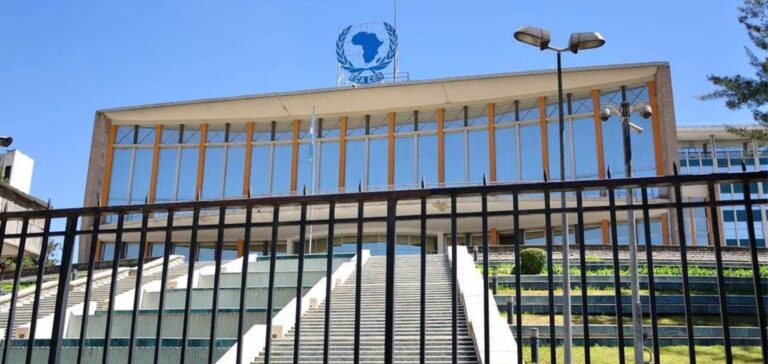The Economic Commission for Africa (ECA), in partnership with the University of Namibia, recently organized a training course for 71 national experts in energy modeling. The aim of this initiative was to strengthen the energy planning capacities of African countries, in order to promote the construction of efficient, climate-resilient and low-carbon energy systems.
The training took place within the framework of the African Energy Modeling Platform (EMP-A), a joint program of the ECA and Climate Compatible Growth (CCG). This initiative aims to create optimized investments for Africa’s energy transition, responding to the continent’s growing demand for low-carbon development.
Energy transition underway
According to Linus Mofor, Senior Environmental Affairs Officer at the ECA, the training course was timely, as many African countries are currently engaged in drawing up their own energy transition plans. Trained experts will be able to apply their modeling skills to help formulate these plans, harnessing Africa’s abundant clean energy resources to promote industrialization and climate action on the continent.
The GCC program, funded by the UK’s Foreign, Commonwealth and Development Office (FCDO), aims to support investment in sustainable energy and transport systems in the South. The recent training course brought together the energy planning and modeling community in Africa, with the aim of sharing experiences, models and data on climate, land, energy and water systems.
Resilient growth in the face of climate change
Mekalia Paulos, from CEA, stressed the importance of trained professionals using modeling tools for long-term energy planning and optimized investments in their respective countries. This approach will make the most of each country’s own energy resources, promoting sustainability and resilient growth in the face of climate change.
To achieve the goal of improving energy access in Africa in line with Sustainable Development Goal 7, it is essential to put in place transformative policies and investments. This requires a gradual transition to clean, renewable energy sources, while phasing out carbon-intensive technologies and resources. According to estimates, energy transition objectives in line with a 1.5°C scenario could offer Africa long-term growth 6.4% higher than without this transition.
EMP-A training was organized for the first time in 2018, and the 2023 edition enabled national experts from several African countries to learn about different aspects of energy modeling. Participants came from Benin, Cameroon, Democratic Republic of Congo, Ethiopia, Gambia, Ghana, Kenya, Malawi, Namibia, Niger, Nigeria, Rwanda, Senegal, Sierra Leone, South Africa, Togo, Uganda, Zambia and Zimbabwe.






















